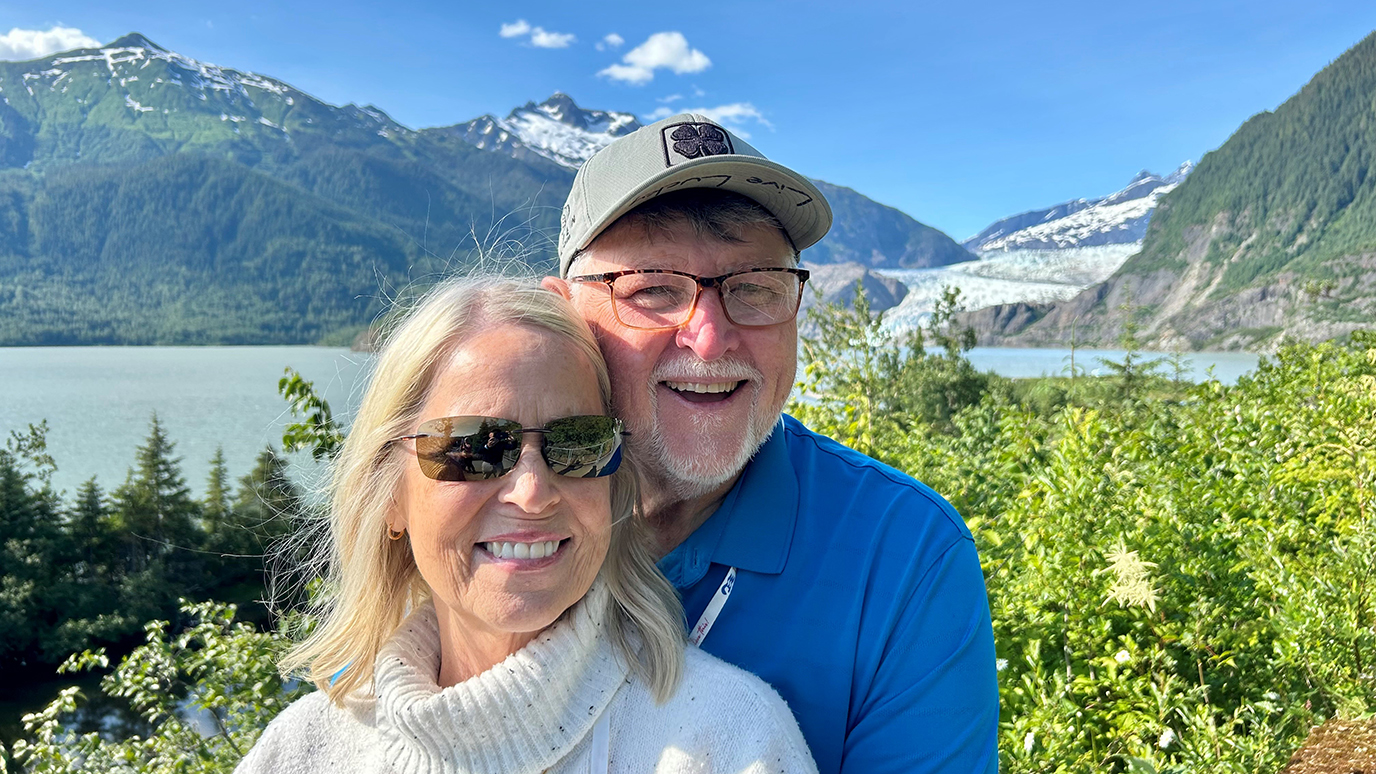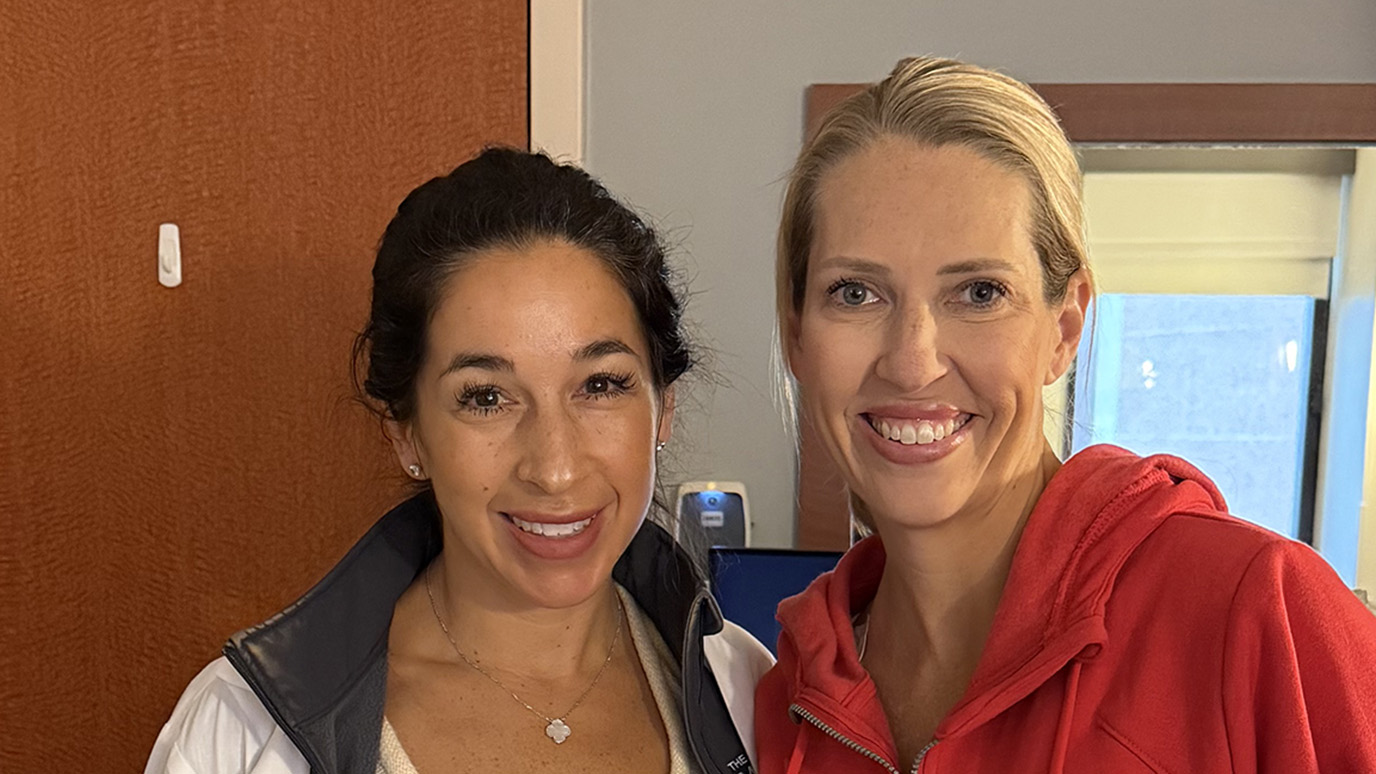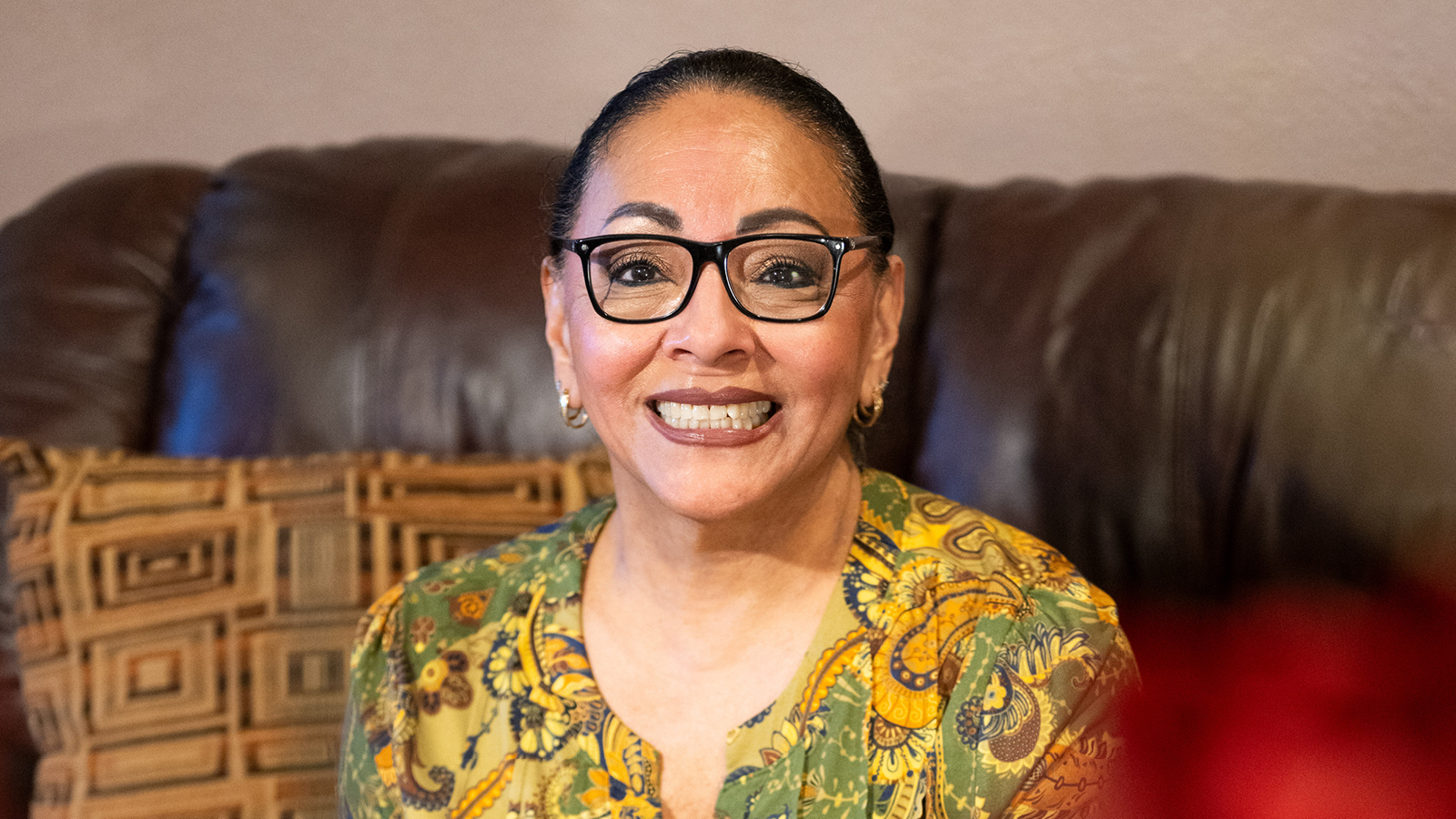- Diseases
- Acoustic Neuroma (14)
- Adrenal Gland Tumor (24)
- Anal Cancer (66)
- Anemia (2)
- Appendix Cancer (16)
- Bile Duct Cancer (28)
- Bladder Cancer (68)
- Brain Metastases (28)
- Brain Tumor (228)
- Breast Cancer (716)
- Breast Implant-Associated Anaplastic Large Cell Lymphoma (2)
- Cancer of Unknown Primary (4)
- Carcinoid Tumor (8)
- Cervical Cancer (154)
- Colon Cancer (164)
- Colorectal Cancer (110)
- Endocrine Tumor (4)
- Esophageal Cancer (42)
- Eye Cancer (36)
- Fallopian Tube Cancer (6)
- Germ Cell Tumor (4)
- Gestational Trophoblastic Disease (2)
- Head and Neck Cancer (6)
- Kidney Cancer (124)
- Leukemia (344)
- Liver Cancer (50)
- Lung Cancer (288)
- Lymphoma (284)
- Mesothelioma (14)
- Metastasis (30)
- Multiple Myeloma (98)
- Myelodysplastic Syndrome (60)
- Myeloproliferative Neoplasm (4)
- Neuroendocrine Tumors (16)
- Oral Cancer (100)
- Ovarian Cancer (170)
- Pancreatic Cancer (166)
- Parathyroid Disease (2)
- Penile Cancer (14)
- Pituitary Tumor (6)
- Prostate Cancer (144)
- Rectal Cancer (58)
- Renal Medullary Carcinoma (6)
- Salivary Gland Cancer (14)
- Sarcoma (236)
- Skin Cancer (294)
- Skull Base Tumors (56)
- Spinal Tumor (12)
- Stomach Cancer (60)
- Testicular Cancer (28)
- Throat Cancer (90)
- Thymoma (6)
- Thyroid Cancer (98)
- Tonsil Cancer (30)
- Uterine Cancer (78)
- Vaginal Cancer (14)
- Vulvar Cancer (18)
- Cancer Topic
- Adolescent and Young Adult Cancer Issues (20)
- Advance Care Planning (10)
- Biostatistics (2)
- Blood Donation (18)
- Bone Health (8)
- COVID-19 (362)
- Cancer Recurrence (120)
- Childhood Cancer Issues (120)
- Clinical Trials (622)
- Complementary Integrative Medicine (24)
- Cytogenetics (2)
- DNA Methylation (4)
- Diagnosis (226)
- Epigenetics (6)
- Fertility (62)
- Follow-up Guidelines (2)
- Health Disparities (14)
- Hereditary Cancer Syndromes (122)
- Immunology (18)
- Li-Fraumeni Syndrome (8)
- Mental Health (118)
- Molecular Diagnostics (8)
- Pain Management (64)
- Palliative Care (8)
- Pathology (10)
- Physical Therapy (18)
- Pregnancy (18)
- Prevention (888)
- Research (388)
- Second Opinion (74)
- Sexuality (16)
- Side Effects (602)
- Sleep Disorders (10)
- Stem Cell Transplantation Cellular Therapy (216)
- Support (404)
- Survivorship (322)
- Symptoms (186)
- Treatment (1770)
Clinical nutrition manager and cancer survivor: Why I’m an MD Anderson fan for life
3 minute read | Published July 10, 2024
Medically Reviewed | Last reviewed by an MD Anderson Cancer Center medical professional on July 10, 2024
My father died of hairy cell leukemia in 1980, when I was only 4. Before he passed away, he wrote me letters for every major milestone in my life. So, when I received my high school diploma in 1995, graduated from college in 2000, earned my master’s degree in 2007, got engaged in Feb. 2010, and got married in July 2011, it felt like a part of him was still with me.
That was a really wonderful legacy, and I’m so glad my father thought to leave it. But it was an entirely different set of letters I inherited from him that has made me an MD Anderson fan for life.
Correspondence reveals MD Anderson’s consistency in Caring
My mother presented me with a big box of cards and letters while I was still in graduate school. She explained that they’d been sent to her and my father while he was receiving leukemia treatment at MD Anderson, as well as after his death. Now that she had remarried, she felt like I should have them.
Going through the box, I found dozens of cards and letters from the MD Anderson doctors, nurses and other clinical staff who’d taken care of my dad. They were all more than 20 years old by then. Many of them only had the senders’ first names, but they were still so sweet and precious. One member of his care team, who signed off only as “Mick,” said that my dad had “left an impression forever in our hearts.” That really struck a chord.
My mom gave me the box six or seven years before I joined MD Anderson as a clinical nutrition manager. But every single one of those letters and cards was so supportive, I just started crying. I already knew that MD Anderson was a wonderful place. After I found those letters, I really wanted to work here.
‘Our core values are still exactly the same’
You might think it would be weird to work at the same place my father died. But it hasn’t been — not at all. It’s actually felt like home from Day 1. Our core values are still exactly the same.
That has been proven true time and again, including when I was diagnosed with myelodysplastic syndrome in 2011, and later, a type of brain tumor called a benign cavernous hemangioma in the winter of 2018. I’ve been in remission from the first disease since MD Anderson guided my local treatment in Kansas in 2012, and on surveillance for the second disease ever since my diagnosis.
I simply cannot adequately express how much the people here care. Even though I’m not considered a high-risk patient, my doctors still treat me with the same level of care as they would the very sickest. And, that’s really saying something.
Request an appointment at MD Anderson online or call 1-855-537-9578.
Related Cancerwise Stories

I simply cannot adequately express how much the people here care.
Rebekah Crowder
Survivor & Clinical Nutrition Manager






